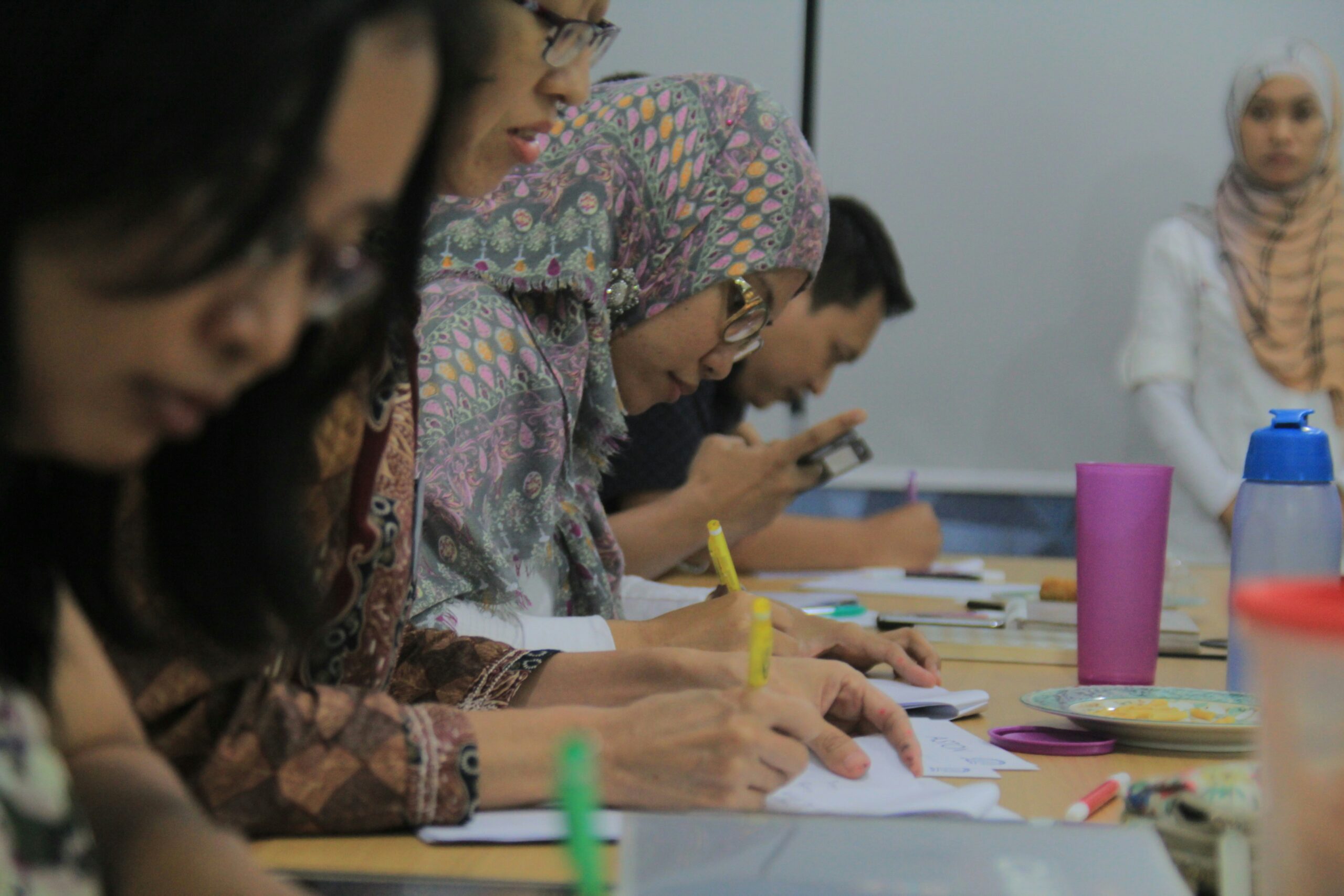THOSE who study hard by only remembering what they have read may do well in exams, but such superficial information is of little use in real life.
This becomes evident when graduates awarded diplomas or degrees could not apply well the knowledge they had acquired in universities.
Rote learning is primarily focused on memorisation, often treating texts as gospel truths which discourages questioning and critical thinking. This becomes dangerous when a statement, especially in religious texts, is understood outwardly and applied dogmatically in isolation.
Over the centuries, political and religious leaders have caused untold suffering to the masses from quoting or misusing religious texts to pursue their own interests by silencing or punishing those who dare to question their interpretation of the Word of God stated in holy books.
Citizens are easier to control when the population is beaten into submission, but these nations could only progress at a slow pace. Rapid development comes when the people are innovative, transforming existing knowledge, skills and methods by embracing science and technology.
But many nations, including developed countries with advanced societies, are stuck in a time warp. They may have been successful in the past but much has changed in the new millennium. More than ever, everyone must unlearn old knowledge and relearn what they think they know.
This includes individuals and giant corporations, as many more jobs and businesses will be wiped out in the coming years for failing to adapt.
As Charles Darwin said, “It is not the strongest of the species that survives, nor the most intelligent, but the one most responsive to change.”
Focusing on adopting quickly and effectively requires observing astutely, listening actively, anticipating changes, being flexible and continually evaluating and improving.
The only way to start any of these activities is by asking questions, finding answers and asking more questions.
From 2012 to 2024, I conducted training for the Travel and Tours Enhancement Course, a programme travel industry personnel must attend in order to renew their business licence with the Tourism, Arts and Culture Ministry.
The most disappointing was the reluctance of participants to ask questions and the reasons could be many. As they were compelled to attend, many were not really interested or made full use of the opportunity to learn, which can directly benefit their careers or businesses.

They could be satisfied with the business they are getting, or do not wish to be seen as less competent than others or were too shy to ask.
Instead, I had to point out and explain the issues and challenges they are facing in their businesses, along with the possibilities and opportunities.
This phenomenon is not confined to the local travel industry. Some years ago, a world-renowned speaker was invited to give a talk to automotive industry leaders here.
Just after finishing his speech, he solicited questions from the audience but was met with deafening silence.
The no response horrified him but he kept his composure. At all other talks in cities around the world, there were endless questions from the floor, with many coming with questions prepared earlier, while others asking him to elaborate interesting points that he had just shared.
For the very first time, he was looking forward to the coffee break, hopefully to regain his equanimity. But he never gets to drink his coffee, as he was surrounded by a crowd who bombarded him with questions they should have asked at the end of the talk earlier.
Those studying in tertiary institutions ought to realise that what they are learning is common knowledge, which is mostly available online.
What they can remember is no match to a pen drive that can store videos, photos and texts, and can easily be transmitted without loss of data.
What they have learned will continuously be superseded with new knowledge created by others by asking good questions and seeking answers. Many old knowledge and practices should be cast into the ash heap of history when they are no longer relevant or competitive.
Learning will reach a higher level by interacting with artificial intelligence, and the key to success is asking intelligent questions that require a strong command of a language, such as English.
But teachers and sages are still needed to foster creativity, critical thinking, emotional intelligence, and spiritual development. – May 7, 2025
YS Chan is master trainer for Mesra Malaysia and Travel and Tours Enhancement Course and an Asean Tourism Master Trainer. He is also a tourism and transport business consultant.
The views expressed are solely of the author and do not necessarily reflect those of Focus Malaysia.
Main image: Akeyodia – Business Coaching Firm









